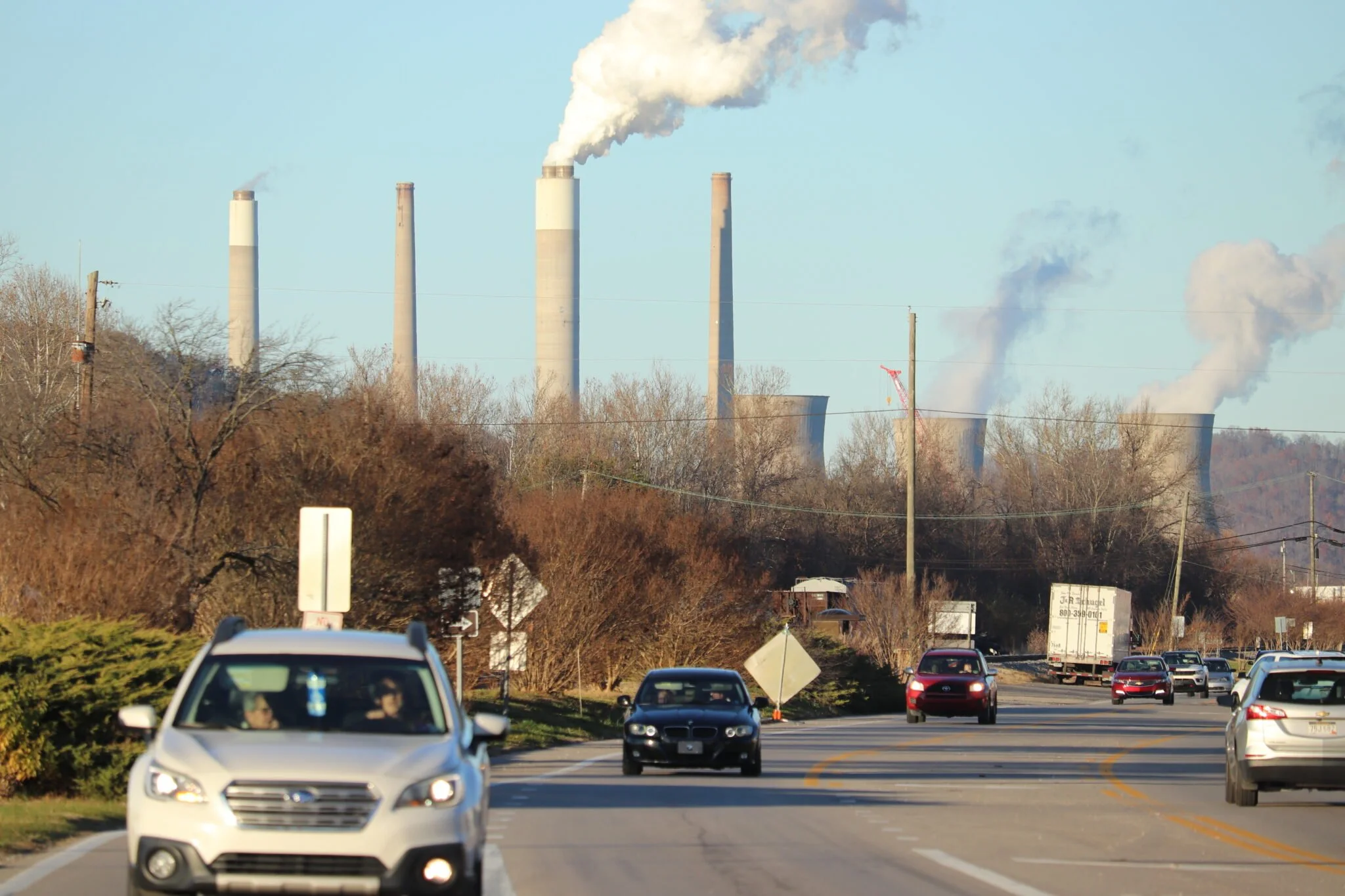by David Beard, The Dominion Post
MORGANTOWN — The state Public Service Commission has approved a pair of settlements in Mon Power’s and Potomac Edison’s base rate case, which included a reduced net-metering credit for home solar customers.
The announcement went out late Tuesday. The companies filed the case last May and requested a $207.5 million hike, including funds for their infrastructure and their energy assistance programs. The various parties in the case filed their settlement in January, agreeing to an increase of $105 million, a 6.4% overall hike, effective March 27. The companies said the settlement will increase the average monthly residential bill by 7.9% – $9.94; taking an average amount owed from $123.50 to $133.44.
Negotiations on the net-metering issue took about three more weeks. Net-metering customers receive credits on their bill for any power they generate in excess of what they use. Currently, the companies provide a full 1-to-1 credit, meaning energy given to the utility is worth the same as energy bought from the utility – estimated at somewhere between 11.4 cents per kilowatt hour (kWh) and 13 cents.
The companies proposed to change that to base credits on the wholesale rate for electricity, which the filings calculate at 6.6 cents per kWh – roughly half of the 13 cents per kWh. This would take effect for new net-metering customers joining after March 27, 2024.
Their stated reason was to avoid cross-subsidization, in which regular customers footed part of the bill for the net-metering customers. The PSC noted that the companies and staff witnesses testified that all current rate payers are subsidizing the companies’ 1,700 net metering customers.
The proposal generated 1,865 letters of protest.
The settlement, filed Feb. 16, proposed three credit rates depending on customer class: 9.34 cents for most classes, including residential, churches, schools and general service; 9.15 cents for large general service; and 8.91 cents for large power service and alternative generation.
The rate becomes effective March 27, the same date as the other rate case issues, but current net-metering customers are grandfathered in for 25 years. Customers applying for net metering on or after Jan. 1, 2025, will be subject to the new rates.
Solar Holler, the state’s largest solar development, design, finance and construction firm, was one of the parties involved in the settlement and celebrated the PSC order on Wednesday. “The terms approved by this ruling establish a level of fairness previously unprecedented in the U.S. solar industry. Notably, the ruling also provides one last window of opportunity for homeowners to transition to solar at full one to one net metering rates.”
Solar sales in FirstEnergy territory have been at a standstill since last fall due to the uncertainty created by the case, Solar Holler said. “With the PSC’s decision to grandfather existing customers– and any new customers who apply for interconnection this year– into the current one-to-one net metering rate, installations can resume and homeowners can be confident in the financial return of their solar investment.”
Dan Conant, CEO of Solar Holler, said, “For months, we banded together in defense of solar. … We proved to Charleston that the people of West Virginia want fair energy policies and access to solar. It feels great to finally have a ruling that delivers that.”
A coalition of groups call West Virginians for Energy Freedom (WV4EF) also participated in the settlements, and voiced approval of the order.
“The Commission-approved settlement, which solar advocates helped negotiate, protects the rights of existing net metering customers, provides nine more months for new customers to enroll in net metering, and establishes a fair rate for customers who enroll in 2025 and future years,” WV4EF said.
“When solar supporters join together, we win,” said Leah Barbor, a founding member of WV4EF and West Virginia Program Director of Solar United Neighbors. “Thanks to the activism of thousands of West Virginians, plus our tenacious legal team, solar will enjoy a promising future in our state.”
Referring to other elements in the settlements, Gary Zuckett, executive director of West Virginia Citizen Action Group, said, “In addition to protecting solar, we’re pleased that the expensive FirstEnergy-owned power plants will be scrutinized to ensure they are run in a cost-effective way and that low-income customers can avoid shutoffs with continued support from utility contributions to the Dollar Energy Fund.”
Additional PSC orders
The PSC also approved a prior settlement in the companies’ ENEC case — expended net energy cost — designed to allow utilities to cover their costs of producing power. They originally asked for $167,465,330. This request was intended to cover the majority of their cost under-recovery, with a second case to follow in 2024.
In the settlement, all signatories agreed to a total under-recovery of $254,886,662, to be spread across three time periods: $55,427,038 to be recovered March 27-Dec. 31, 2024; $92,112,507 to be recovered Jan.1-Dec. 31, 2025; and $92,112,507 to be recovered Jan. 1-Dec. 31, 2026.
And in a third order, the PSC approved a joint stipulation in the companies’ depreciation case, resulting in an additional $33 million increase, effective on the first day of the month after the effective date of the new rates in the base rate case.
On top of the base rate hike, customers will see these monthly rate increases: a $2.47 vegetation management surcharge starting Jan. 1; and a $3.77 increase during the first period of the ENEC rate hike, starting March 27.
Mon Power serves about 395,000 customers in 34 West Virginia counties. Potomac Edison serves about 285,000 customers in seven counties in Maryland and 155,000 customers in the Eastern Panhandle of West Virginia.

